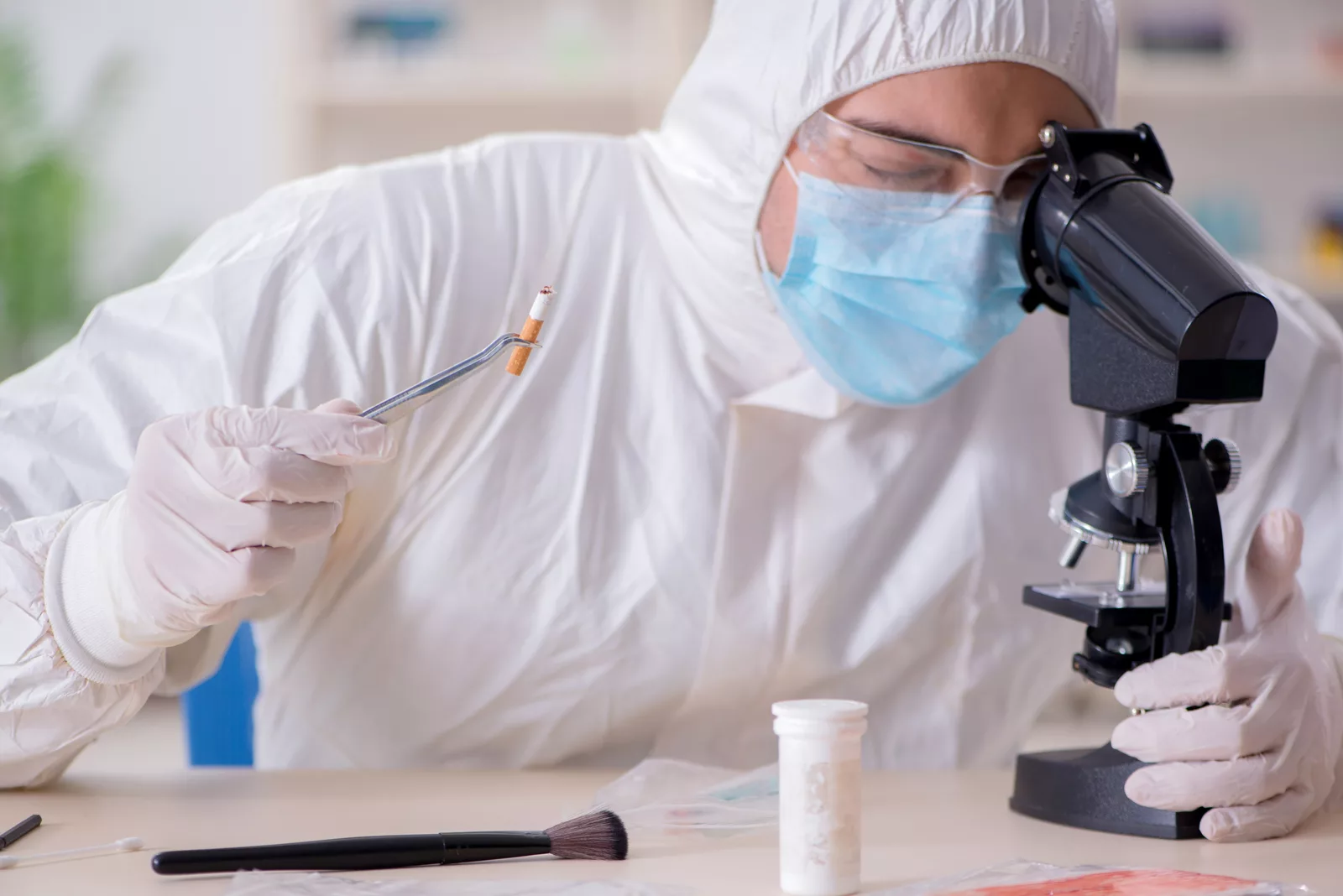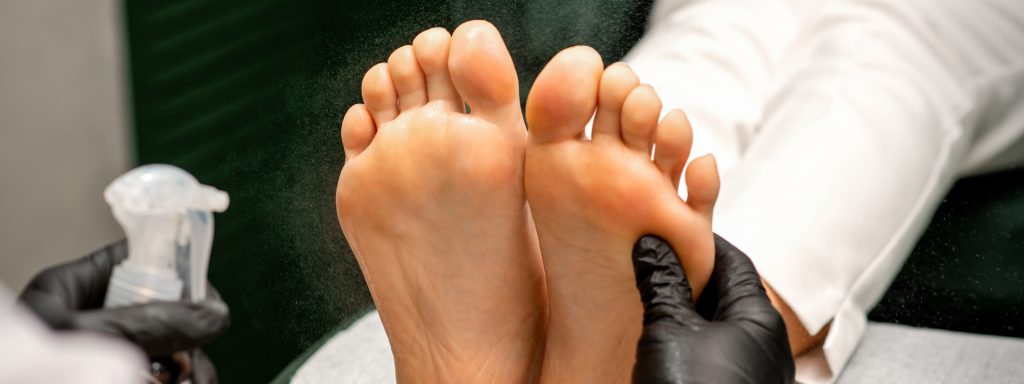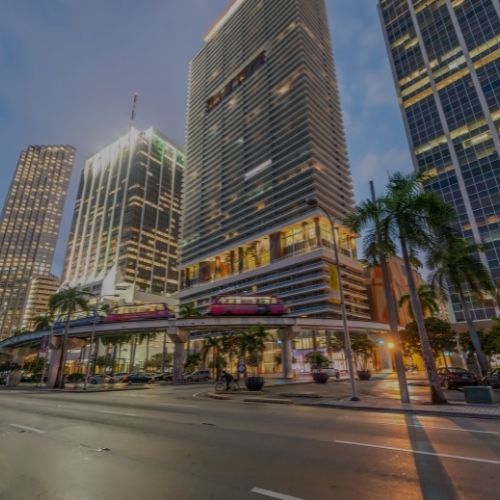In the emotionally charged aftermath of a sexual assault, victims often grapple with a whirlwind of emotions, from anger and confusion to deep-seated fear and grief. But as they start the healing process, they might consider pursuing justice in the form of a civil case against the perpetrator or those responsible for allowing it to happen.
Just like with a criminal case, a civil case needs evidence to bring a case a in a court of law. The location of the attack, whether it’s private or public, is critical for a premises liability case. Some locations that we’ve seen attacks occur include schools, hotels and resorts, casinos, night clubs/bars, restaurants, parking garages/parking lots, churches, etc. If you’ve been attacked, be sure to document the exact location, day and time.
Below, breaks down the various types of evidence in sexual assault cases and highlight the most important evidence in a sexual assault investigation.
What is the Most Important Evidence in a Sexual Assault Investigation?
While all evidence has its value in building a solid case, some forms of evidence stand out as particularly vital in sexual assault investigations in civil cases.
Physical evidence is typically gathered from the victim’s body and clothing, as well as the scene of the crime. The collection of this evidence should be done as soon as possible to prevent its degradation or loss. This might include:
- DNA samples: Hair, blood, saliva, and semen can link a suspect directly to the crime scene.
- Forensic exams: Commonly referred to as a “rape kit,” this exam by a medical provider (doctor/hospital) can uncover DNA evidence and document injuries.
- Clothing: The clothes worn by the victim during the assault can provide invaluable evidence, especially if it contains the attacker’s DNA or shows signs of a struggle.
Witness testimony can be critical to a case as well, because while sexual assaults often occur without any witnesses, there might be individuals who saw the events leading up to or after the incident. They might testify about:
- The behavior of the victim or the accused before or after the assault.
- Statements made by the victim or the accused.
- Any suspicious activity noticed around the time of the incident.
In today’s digital age, a lot of interactions and activities leave a trace. Electronic and digital evidence might include:
- Text messages, emails, and social media interactions: This could highlight threats, admissions, or any suspicious communication between the victim and the accused.
- Security camera footage: This visual evidence might show the assault or the movements of the victim or the accused before or after the incident.
- Phone records: These could establish the locations and activities of the accused at the time of the assault.
Medical records can corroborate a victim’s testimony by documenting physical and psychological injuries resulting from the assault. This includes:
- Emergency room reports.
- Therapy or counseling notes.
- Records of treatments for sexually transmitted infections or pregnancy resulting from the assault.
What are Some Forms of Secondary Evidence That Could Help With a Sexual Assault Case?
While the aforementioned pieces of evidence are direct and concrete, secondary forms of evidence can also be pivotal in building a robust case. This might involve:
- Character witnesses: Individuals who can testify about the credibility and character of the victim or the accused.
- Expert witnesses: Professionals, such as doctors, therapists or forensic experts, who can provide insights on the evidence or the trauma experienced by the victim.
- Past records: If the accused has a history of similar offenses, it can establish a pattern of behavior.
Experience Matters When Building A Case: Hire RTRLAW
At RTRLAW, we know evidence plays a pivotal role in sexual assault cases, providing the tangible proof required to hold perpetrators accountable. The physical evidence, especially that gathered immediately after the assault, is of paramount importance.
However, every piece of evidence, no matter how minor it might seem, can be crucial in painting a complete picture of the incident. Victims are encouraged to seek the counsel of seasoned personal injury attorneys, such as those at RTRLAW, to ensure their case is built on a solid foundation, ensuring their quest for justice is realized.
For a free, no-obligation case review, contact RTRLAW today or call or text us toll free at 1-833-HIRE-RTR (1-833-447-3787).


 CALL US NOW
CALL US NOW TEXT US NOW
TEXT US NOW
























